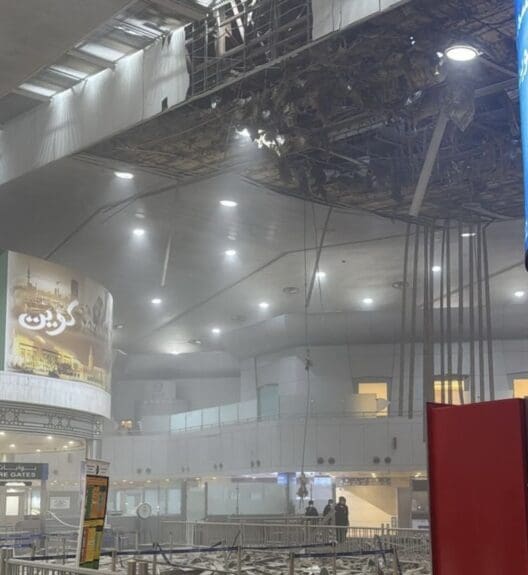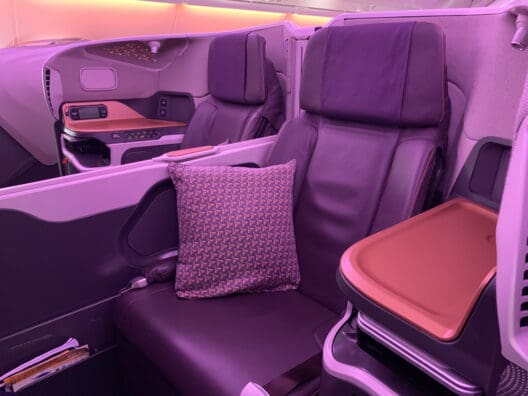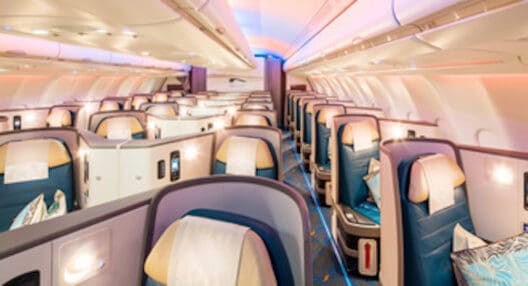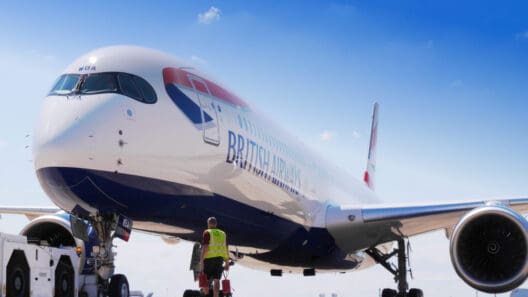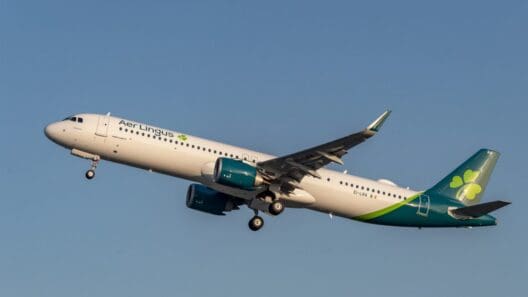Boeing yesterday disclosed in a statement about their second-quarter financial results, that they have had to postpone the first 777X flight to 2020 due to development issues on the GE9X.
“The 777X program is progressing well through pre-flight testing. While the company is still targeting late 2020 for the first delivery of the 777X, there is a significant risk to this schedule given engine challenges, which are delaying the first flight until early 2020.”
777X was supposed to have flown for the first time in June, but problems with its engine have delayed the scheduled flight. Also the 737 MAX problems forced Boeing to relocate teams to the narrow body project, with a focus on coming up with a quick fix.
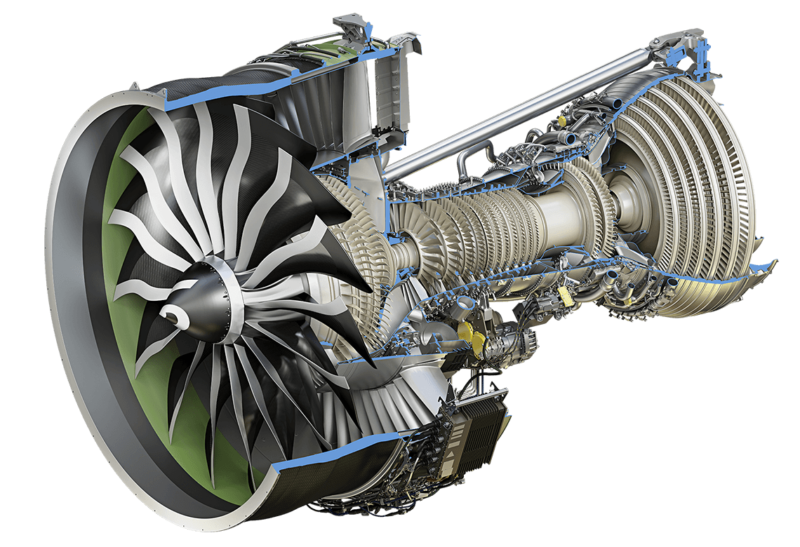
GE9X Engine Cutaway
The largest turbofan ever developed presented a durability problem during a 150-hour certification endurance test, the solution will involve stator vane improvements in the second stage of the high-pressure compressor.
At the Paris Air Show in June, GE Aviation said a redesign of a stator in the GE9X’s high-pressure compressor would likely push engine certification into autumn.
Despite the delay in the start of certification flights, Boeing still believes the jet will be put into service by the end of 2020. Lufthansa notified that their 1st 777X delivery will be on December 2020 and Emirates on January 2021.
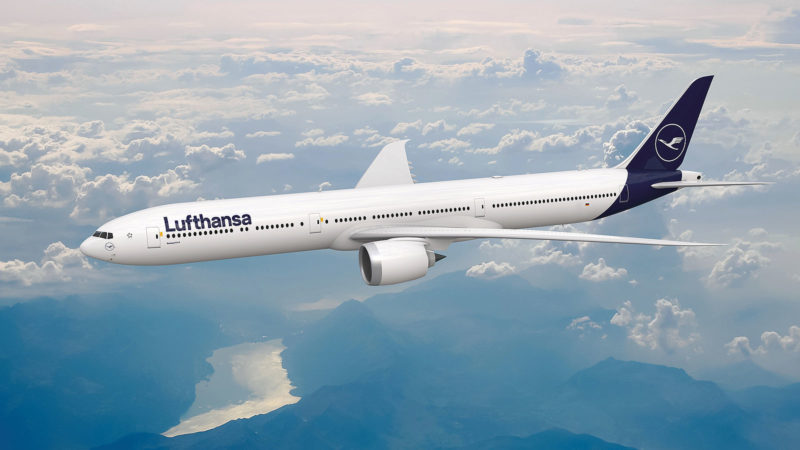
Second-Quarter Financial Results
Affected by the grounding of the 737 MAX, the US manufacturer had a record net loss of $2.94 billion in the second quarter of 2019. On the same period of 2018, Boeing had made a profit of $2.20 billion.
Vertical Research Partners analyst Robert Stallard said in a note, however, that Boeing’s results “could have been worse.”
“Although the headline numbers for 2Q look pretty grim, they are not as bad as we had been forecasting,”
Boeing delivered only 90 units in the second quarter, a 54% reduction over 2018 – 194 aircraft in the same period last year. The second-quarter 2019 deliveries comprise 24 737s, two 747s, 10 767s, 12 777s, and 42 787s.
“This is a defining moment for Boeing and we remain focused on our enduring values of safety, quality, and integrity in all that we do, as we work to safely return the 737 MAX to service” said Dennis Muilenburg, Boeing president.
With the uncertainty about the 737 MAX returning to service, Boeing is considering suspending production of the aircraft; which is currently manufactured at a rate of 42 units per month, compared to 52 units before the Ethiopian accident.

